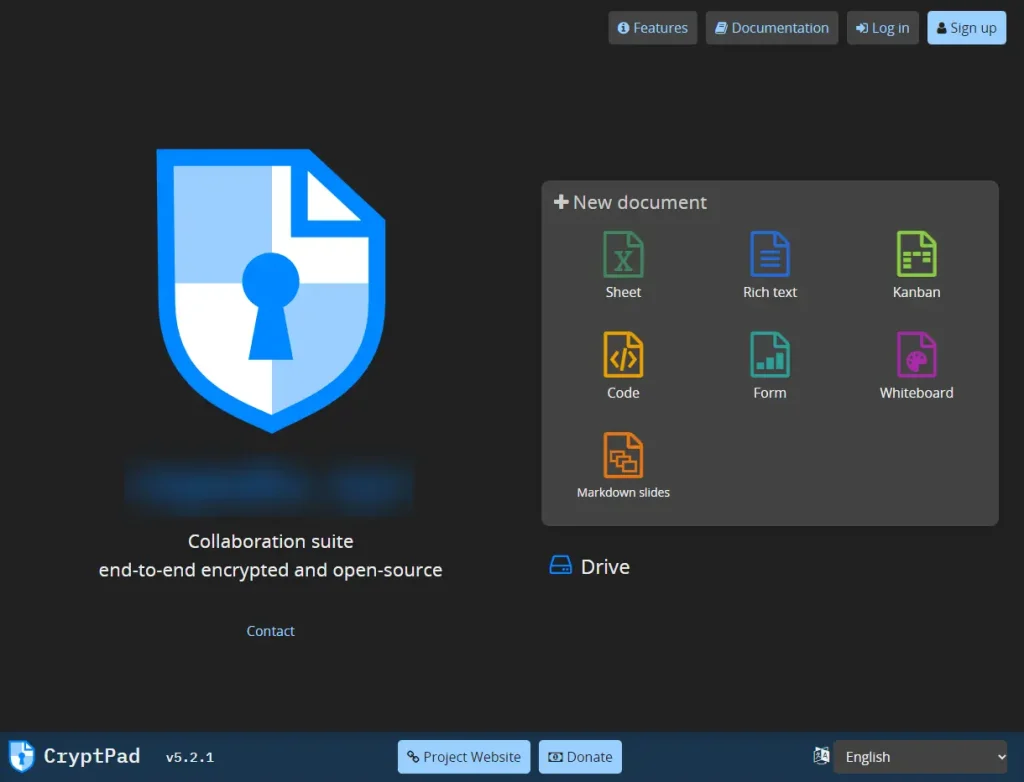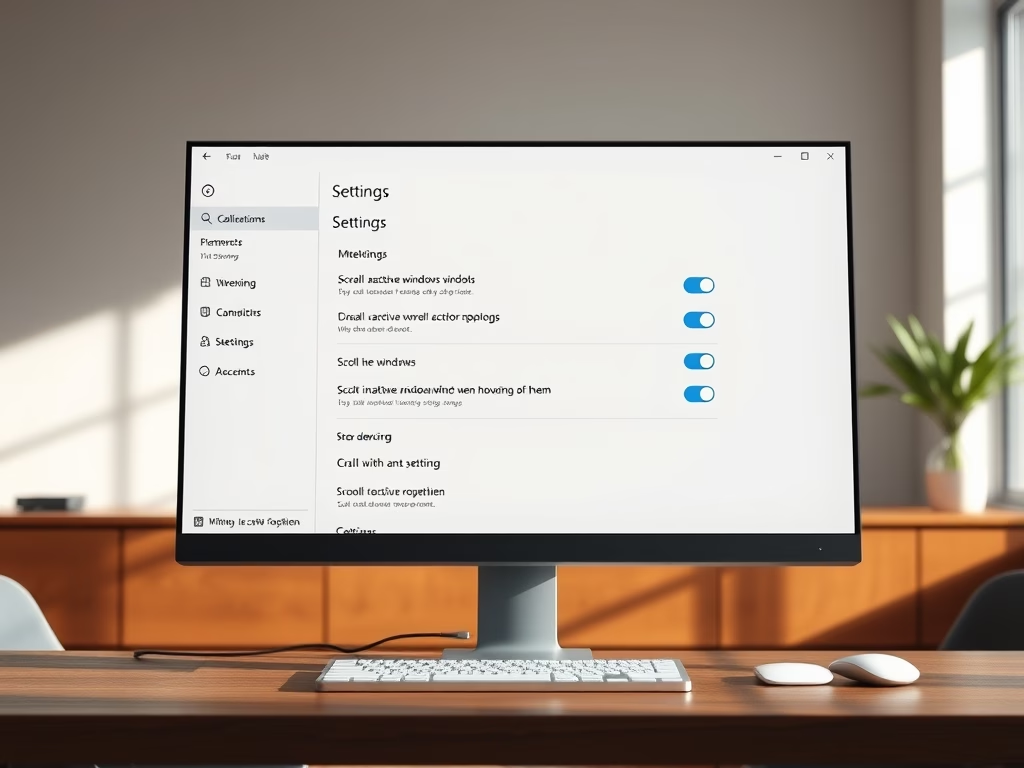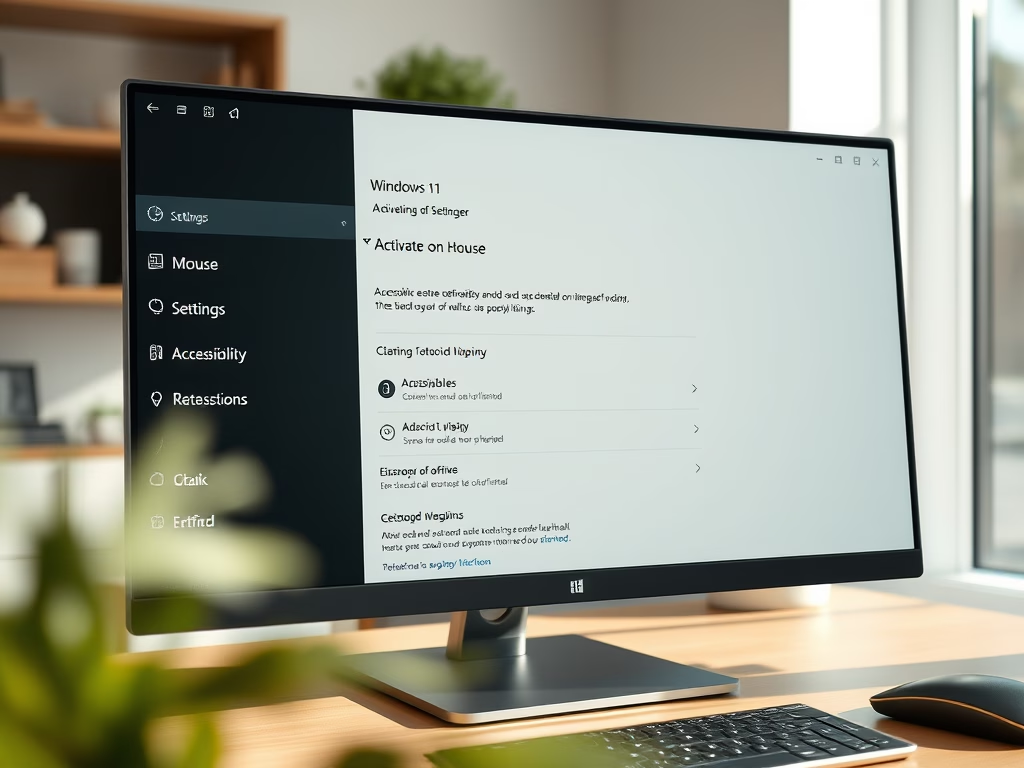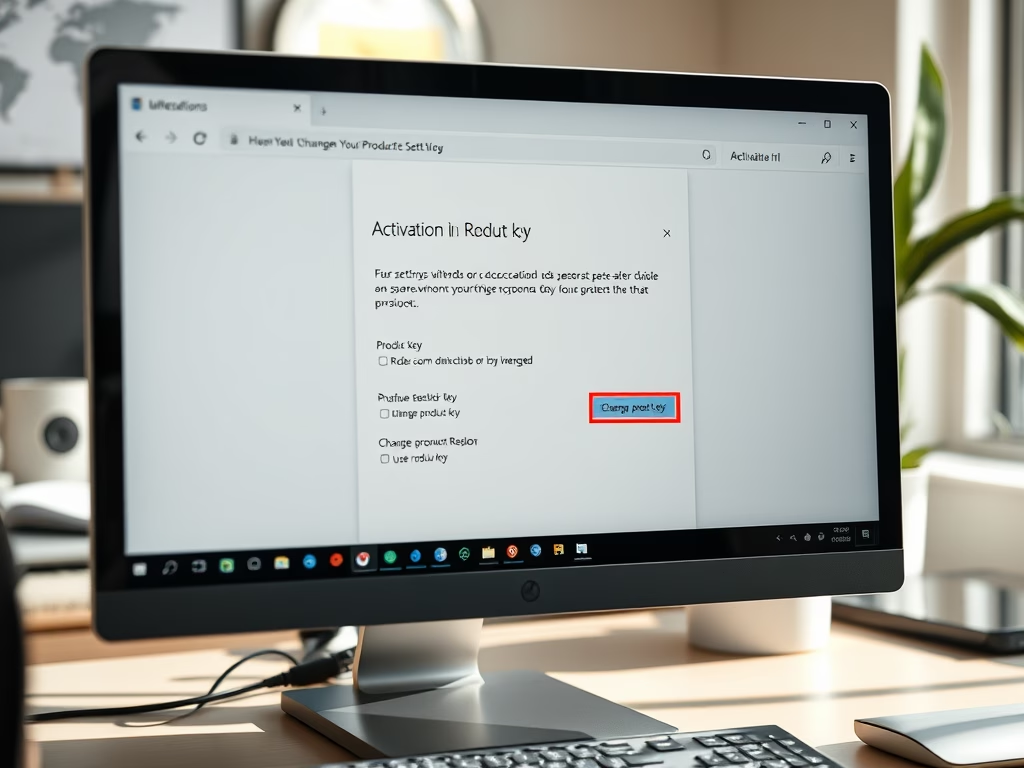This article explains how to install CryptPad Office Suite on Ubuntu Linux.
CryptPad is a privacy-focused, open-source, web-based office suite that enables collaborative real-time editing.
For several reasons, one might want to install CryptPad Office Suite on Ubuntu Linux. CryptPad is a privacy-focused, open-source, web-based office suite that enables collaborative real-time editing.
Secondly, by installing CryptPad on Ubuntu Linux, you can control your data and the software running on your server.
Additionally, Ubuntu is a popular and stable Linux distribution widely used in server environments, making it a reliable choice for hosting CryptPad.
Prerequisites
Before you start with the installation, ensure that you have the following:
- A server running Ubuntu 20.04 LTS or later.
- Root access or a user with sudo privileges.
- Basic command-line knowledge.
Update System Packages
Updating your system packages to the latest version is always good practice. Open your terminal and execute the following commands:
sudo apt update sudo apt upgrade -y
After that, run this command below to install some required packages.
sudo apt install curl git apt-transport-https
Install Node.js and npm
CryptPad requires Node.js to run. You can install Node.js and npm (Node.js package manager) using the nodesource repository. First, import the nodesource PPA:
curl -sL https://deb.nodesource.com/setup_18.x | sudo -E bash -
Then, install Node.js and npm:
sudo apt install -y nodejs
Verify the Node.js and npm installation:
node -v npm -v
Install Dependencies
Install additional required dependencies for building CryptPad:
sudo apt install -y build-essential python3
Clone the CryptPad Repository
To get the latest version of CryptPad, clone the repository from GitHub:
git clone https://github.com/xwiki-labs/cryptpad.git
Then, navigate to the newly created directory:
cd cryptpad
Configure CryptPad
Inside the CryptPad directory, copy the sample configuration file and customize it according to your preferences:
cp config/config.example.js config/config.js nano config/config.js
Make any necessary changes to the configuration, then save and close the file.
Install CryptPad
Now, install CryptPad using npm:
npm install
This might take a while as it installs all the necessary packages and compiles native addons.
Start CryptPad
Run the following command to start the CryptPad server:
npm start
CryptPad will now be running on your Ubuntu server. By default, it listens on port 3000.
Access CryptPad
Open your web browser and go to:
http://your_server_ip:3000
Replace your_server_ip with the actual IP address of your server.
You should now see the CryptPad interface, where you can create and collaborate on documents.

Set Up a Reverse Proxy (Optional)
For production environments, you might want to set up a reverse proxy with Nginx or Apache to enable HTTPS and allow access via standard HTTP ports.
In the case of Nginx, you would install Nginx:
sudo apt install nginx
And then create a new site configuration:
sudo nano /etc/nginx/sites-available/cryptpad
In the file, you can add the following configuration to set up the reverse proxy:
server {
listen 80;
server_name cryptpad.example.com;
location / {
proxy_pass http://localhost:3000/;
proxy_redirect off;
proxy_http_version 1.1;
proxy_set_header Upgrade $http_upgrade;
proxy_set_header Connection "upgrade";
proxy_set_header Host $host;
proxy_buffering off;
}
}
Make sure you replace example.com with your actual domain.
Enable the Site and Restart Nginx
Enable the newly created site and restart Nginx:
sudo ln -s /etc/nginx/sites-available/cryptpad /etc/nginx/sites-enabled/ sudo systemctl restart nginx
Don’t forget to set up a Let’s Encrypt certificate to secure your CryptPad instance with SSL/TLS.
Conclusion
- CryptPad Office Suite has been successfully installed on your Ubuntu Linux server. It provides a secure and private platform for collaborative document editing.
- You can confidently collaborate on documents while maintaining control over your data and the software running on your server.
- For further customization, maintenance, and integration with other services, refer to the official CryptPad documentation at https://docs.cryptpad.fr.



Leave a Reply Cancel reply